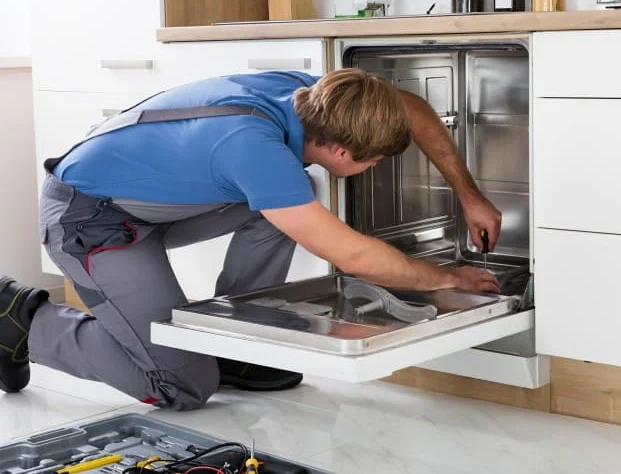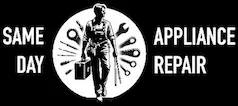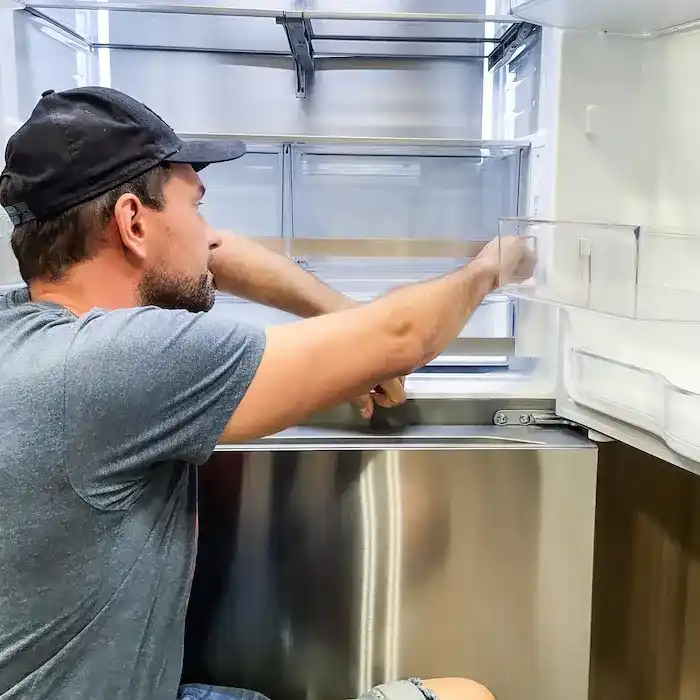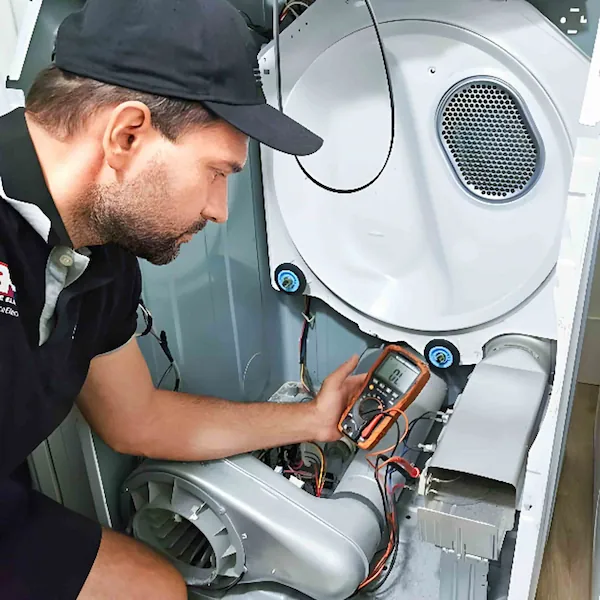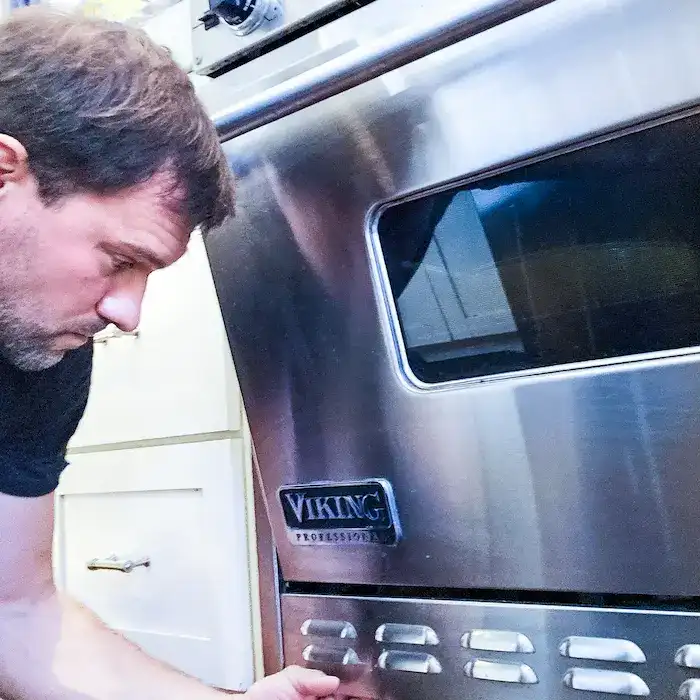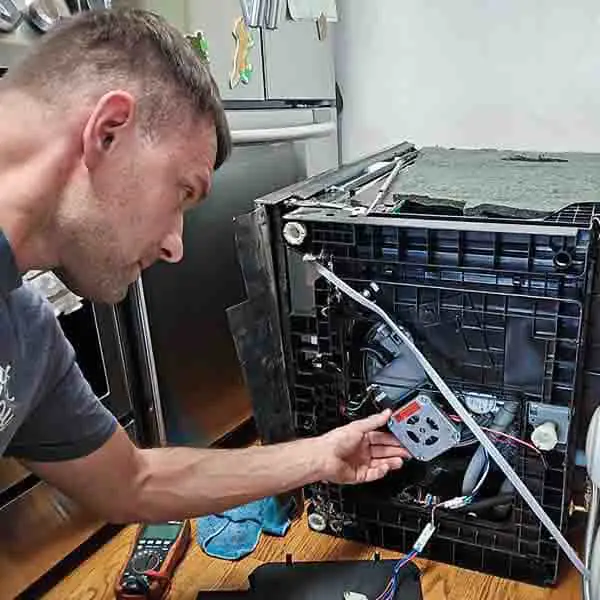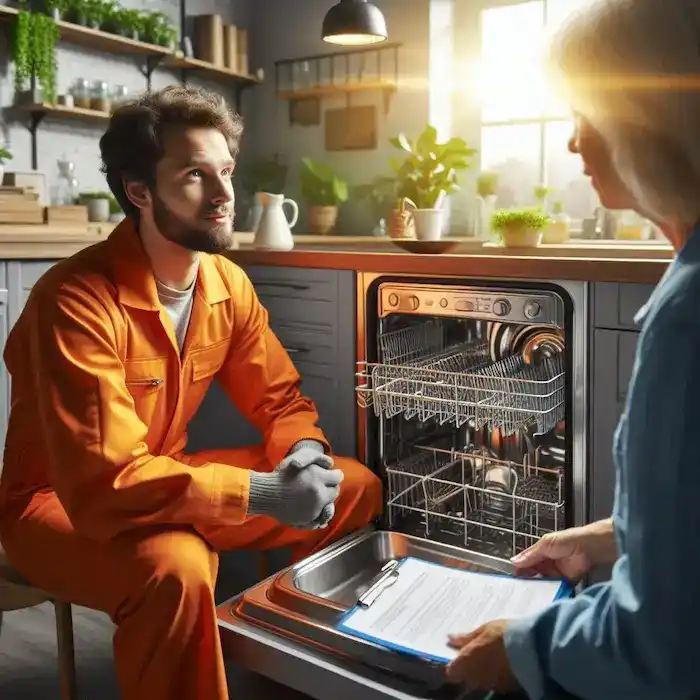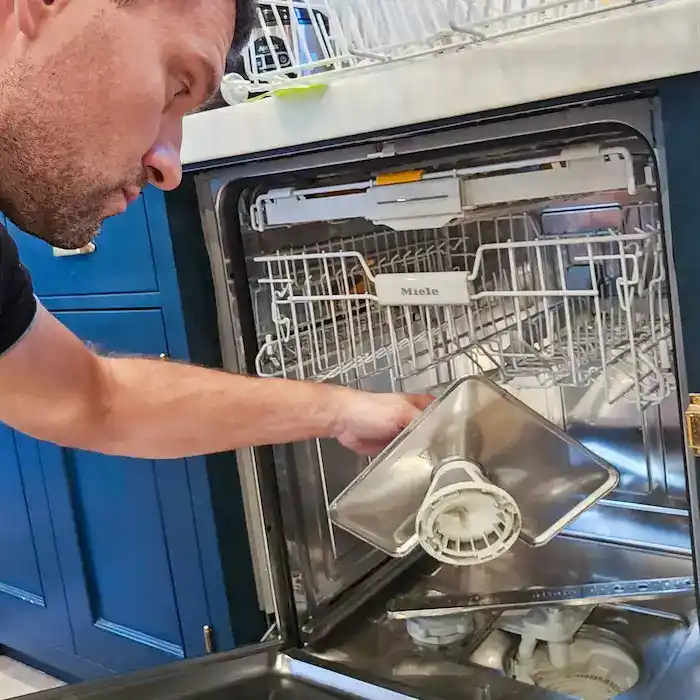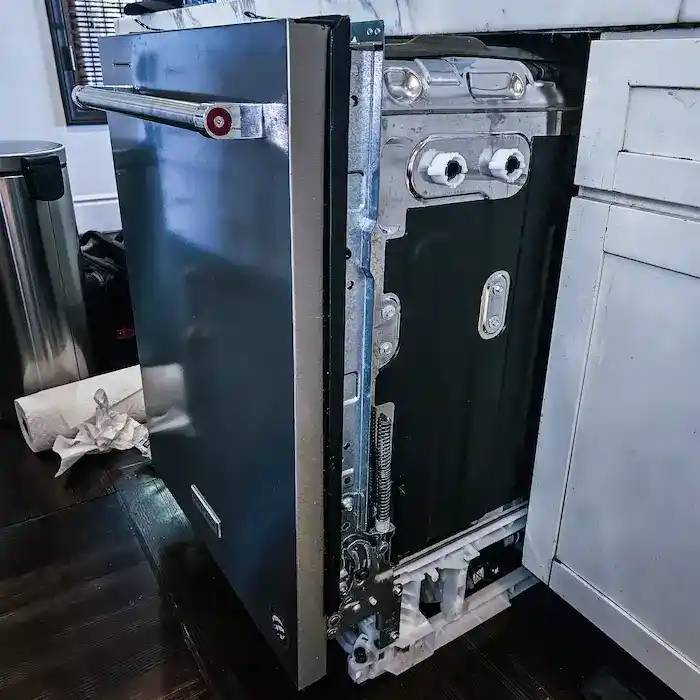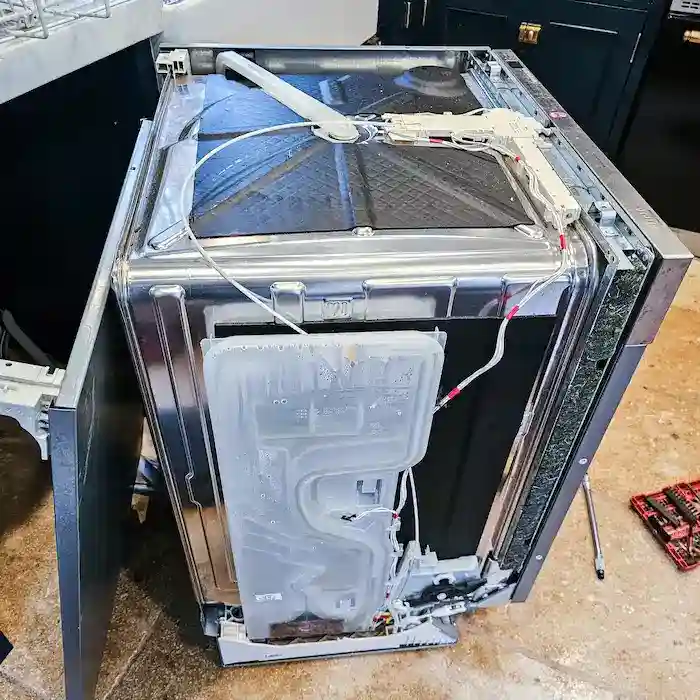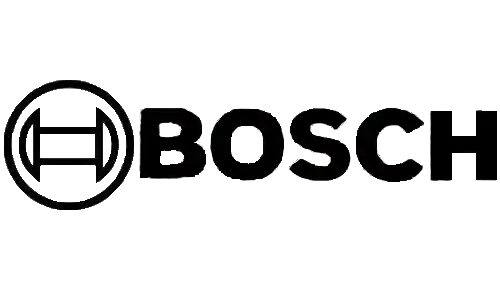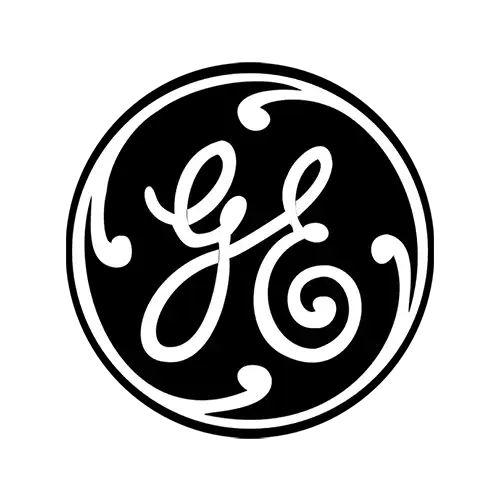Kitchen Dishwasher Repair
Your dishwasher is essential for keeping dishes clean and your kitchen organized. Whether you have a built-in, portable, or countertop model, our technicians are equipped to handle any issue, from drainage problems to spray arm malfunctions. Our same-day service ensures your dishwasher is quickly restored to peak performance, helping you avoid handwashing piles of dishes and keep your kitchen running smoothly.
Dishwasher Repair for Large Families
Dishwashers in larger households often handle frequent, heavy loads, making reliability crucial for efficient operation. Our technicians specialize in diagnosing and repairing issues specific to high-capacity units, such as motor strain, water temperature adjustments, and advanced cycle troubleshooting, ensuring your dishwasher maintains the perfect cleaning environment for all your family's dishes.
High-End and Built-In Dishwasher Repair
Luxury and built-in dishwashers from brands like Bosch, Miele, and KitchenAid feature advanced technology and are designed to blend seamlessly with your kitchen. These models, with custom wash cycles, advanced filtration systems, and specialized spray configurations, require expert care. Our technicians are trained to handle issues such as sensor calibration, control board repairs, and leak prevention using only high-quality parts and techniques specifically crafted for luxury models. We ensure your dishwasher operates efficiently while preserving its stylish design.
Wine Glass and Specialty Dishware Cycle Repair
For homeowners with specialty dishware needs, including delicate wine glasses or fine china, precise cycle and temperature control is essential. We provide specialized repair services for these units, addressing sensor adjustments, cycle settings, and rack customization issues to ensure your dishes and glassware are stored and cleaned at the ideal settings. Our technicians make sure your specialty cycles perform flawlessly, safeguarding your valuable items.
With repair solutions for every type of dishwasher, including high-end and specialty models, we help keep your appliances running smoothly for optimal cleaning and efficiency. Call us today to schedule a fast and reliable repair service and enjoy the convenience of a fully functional dishwasher in your kitchen.
